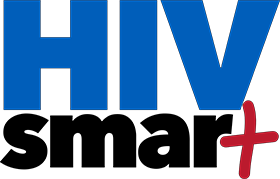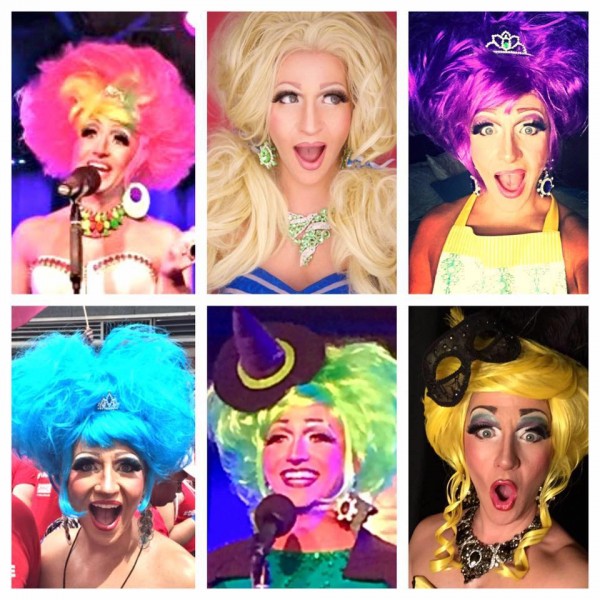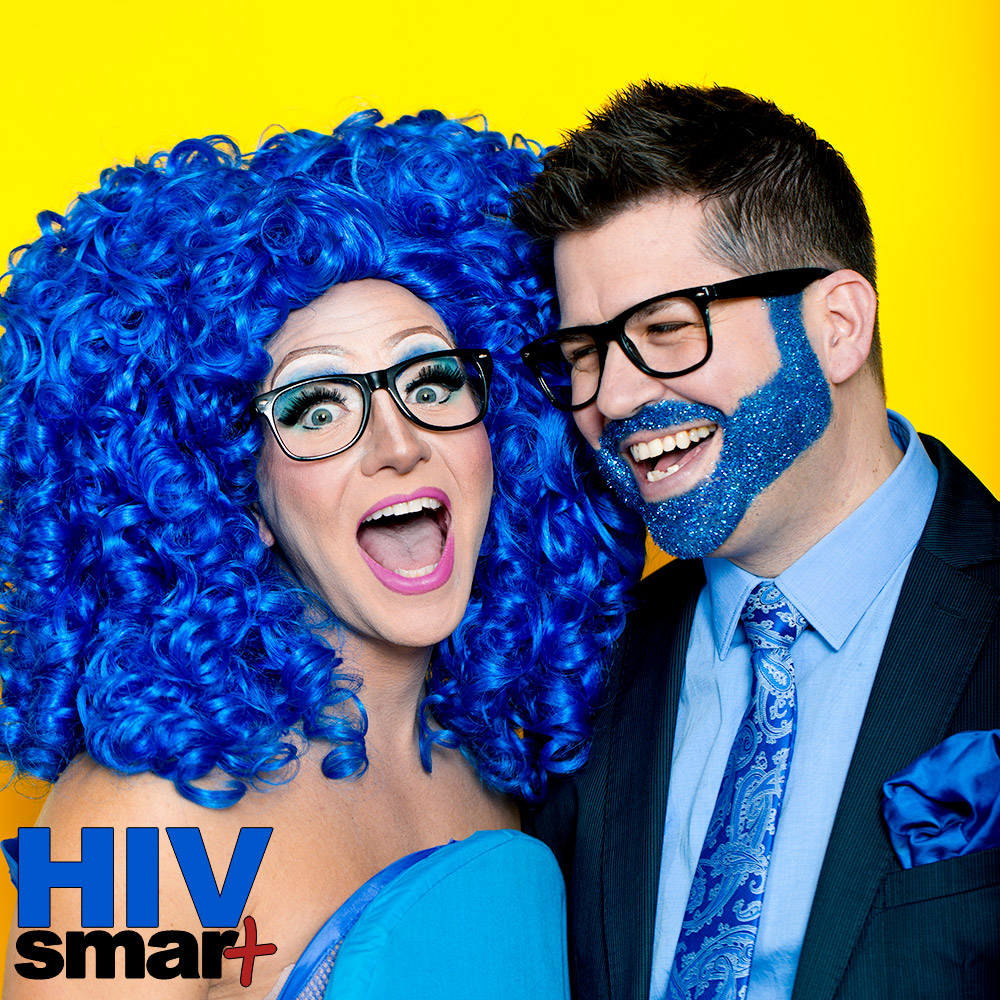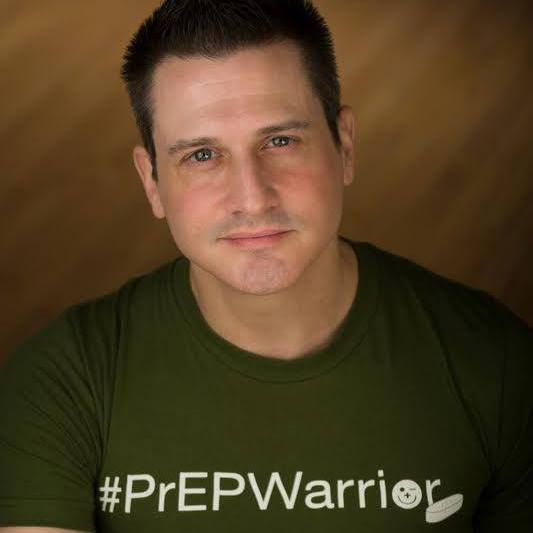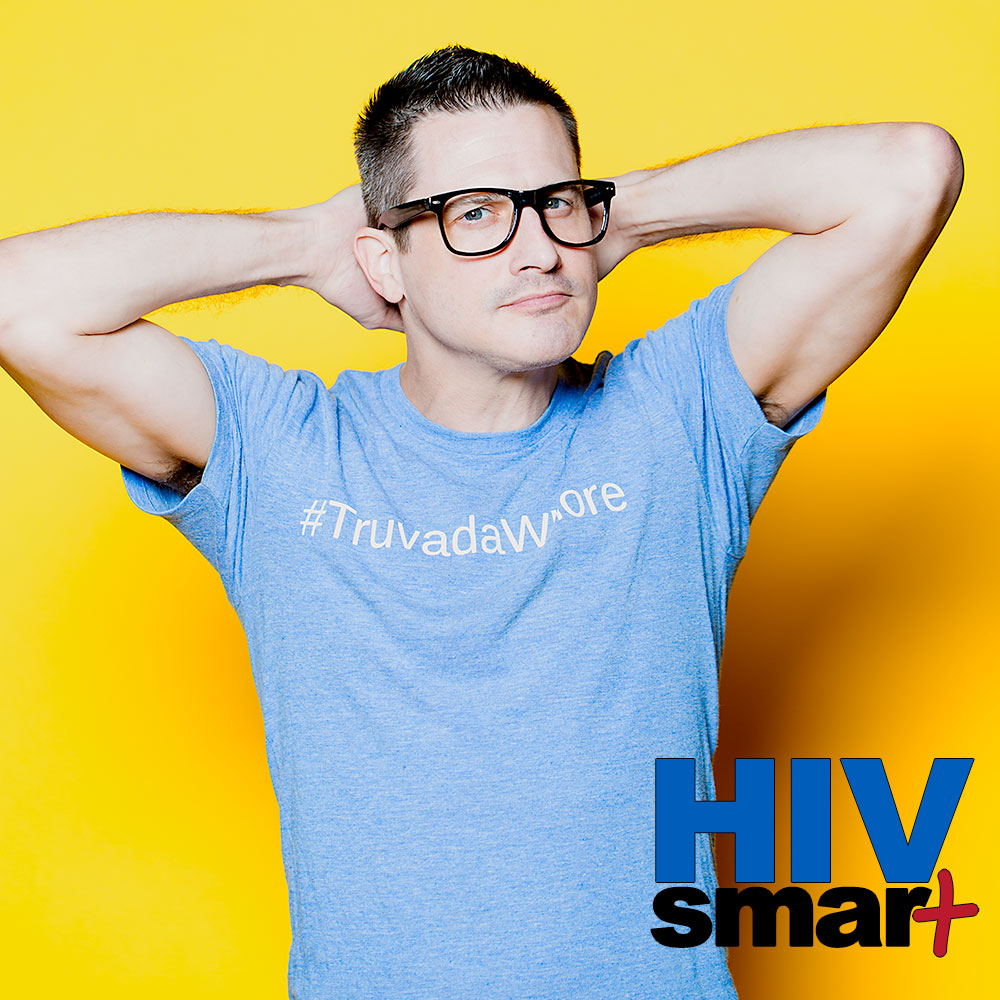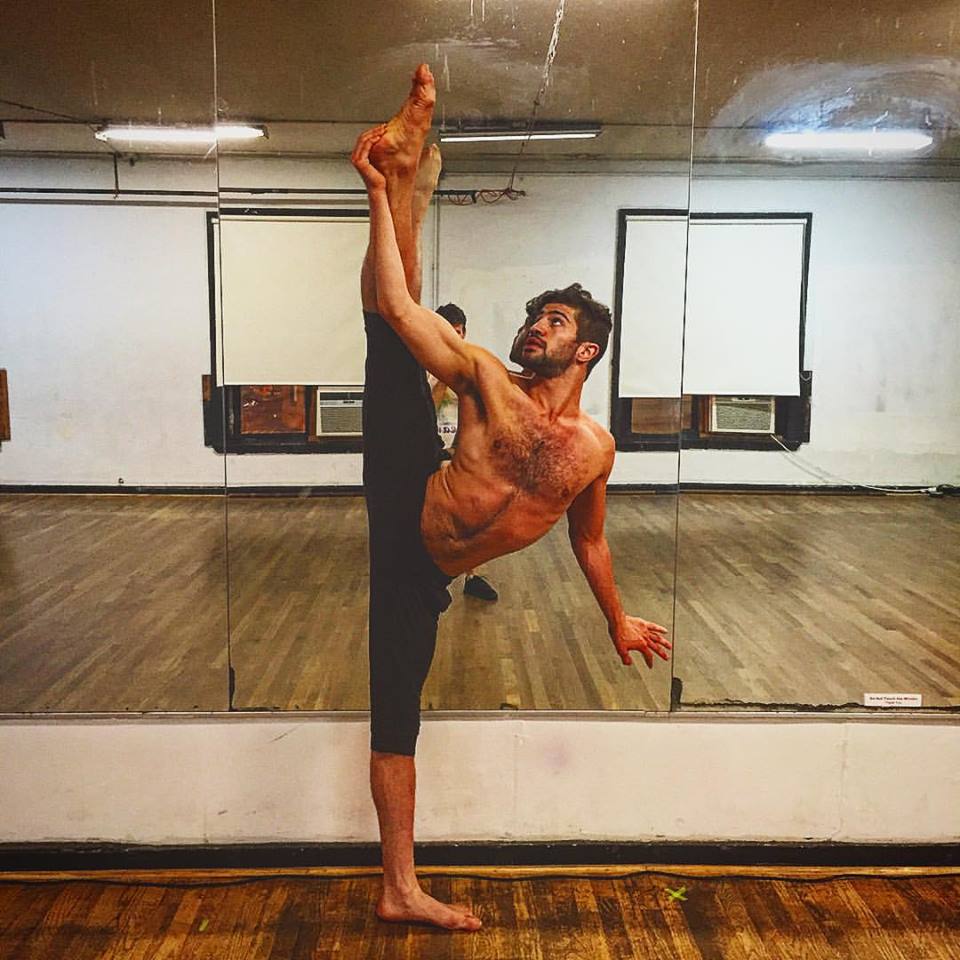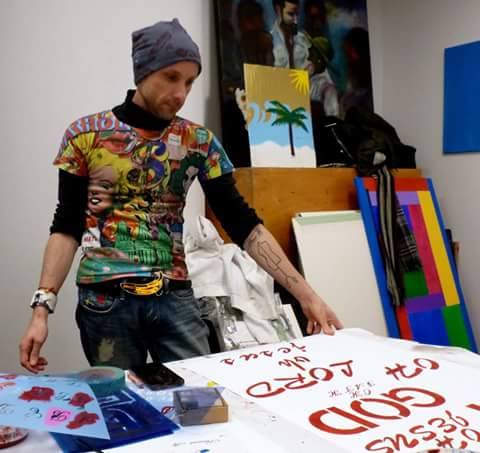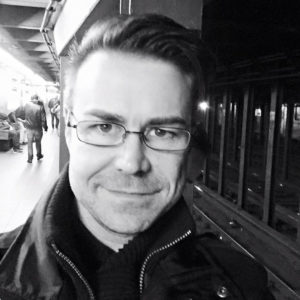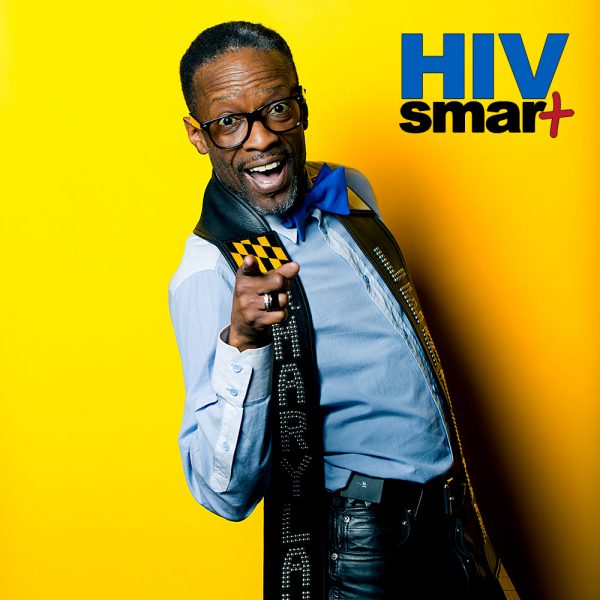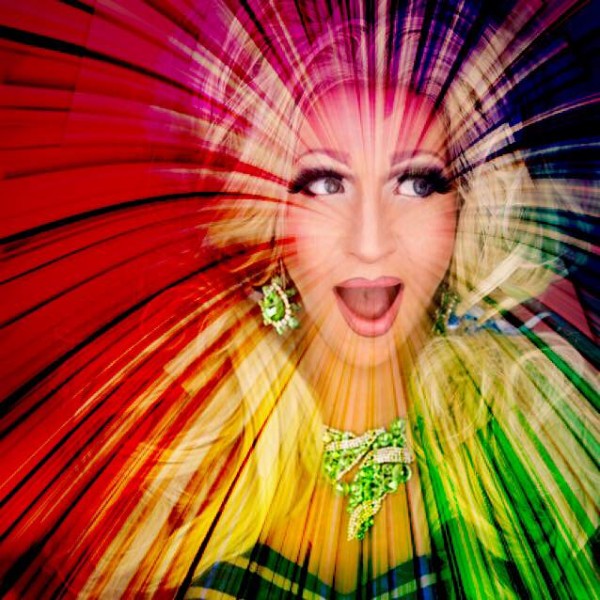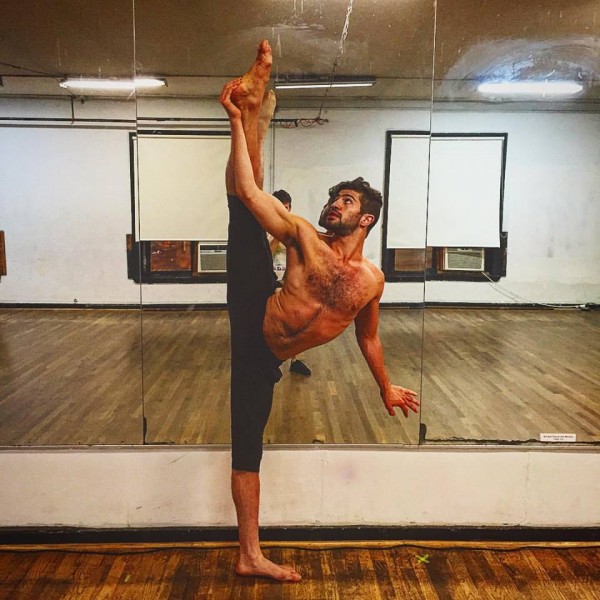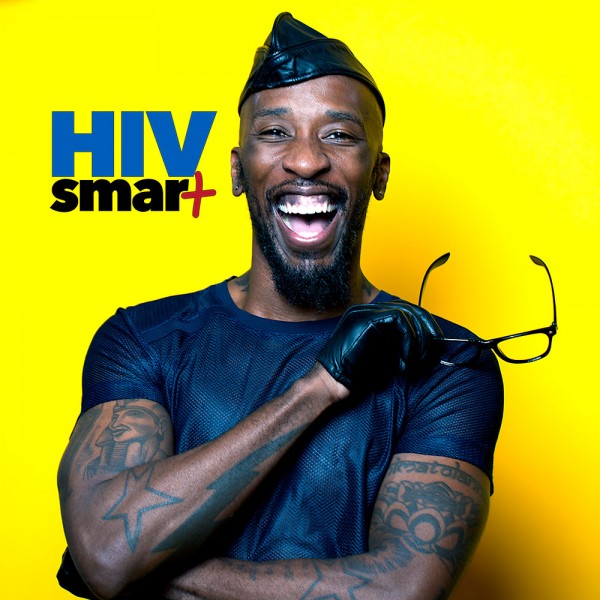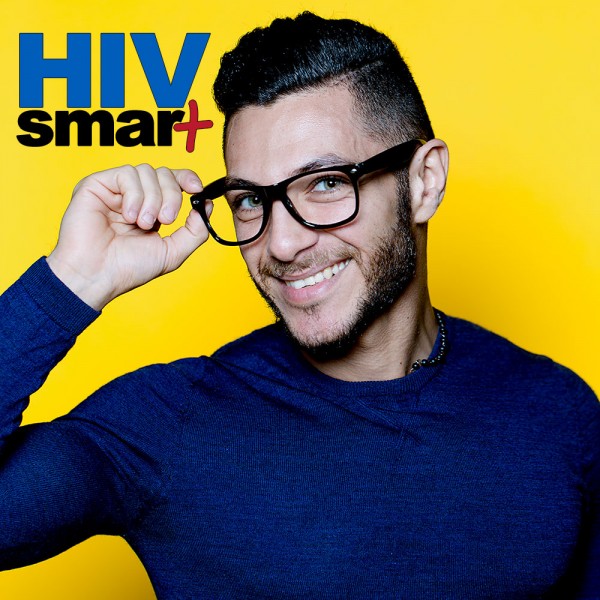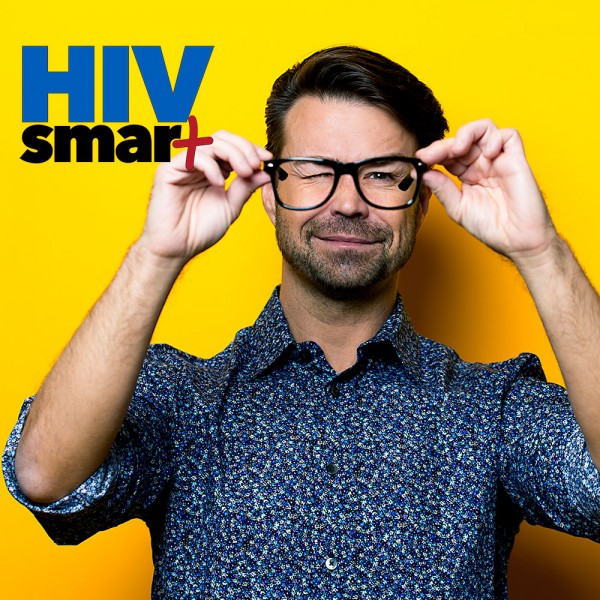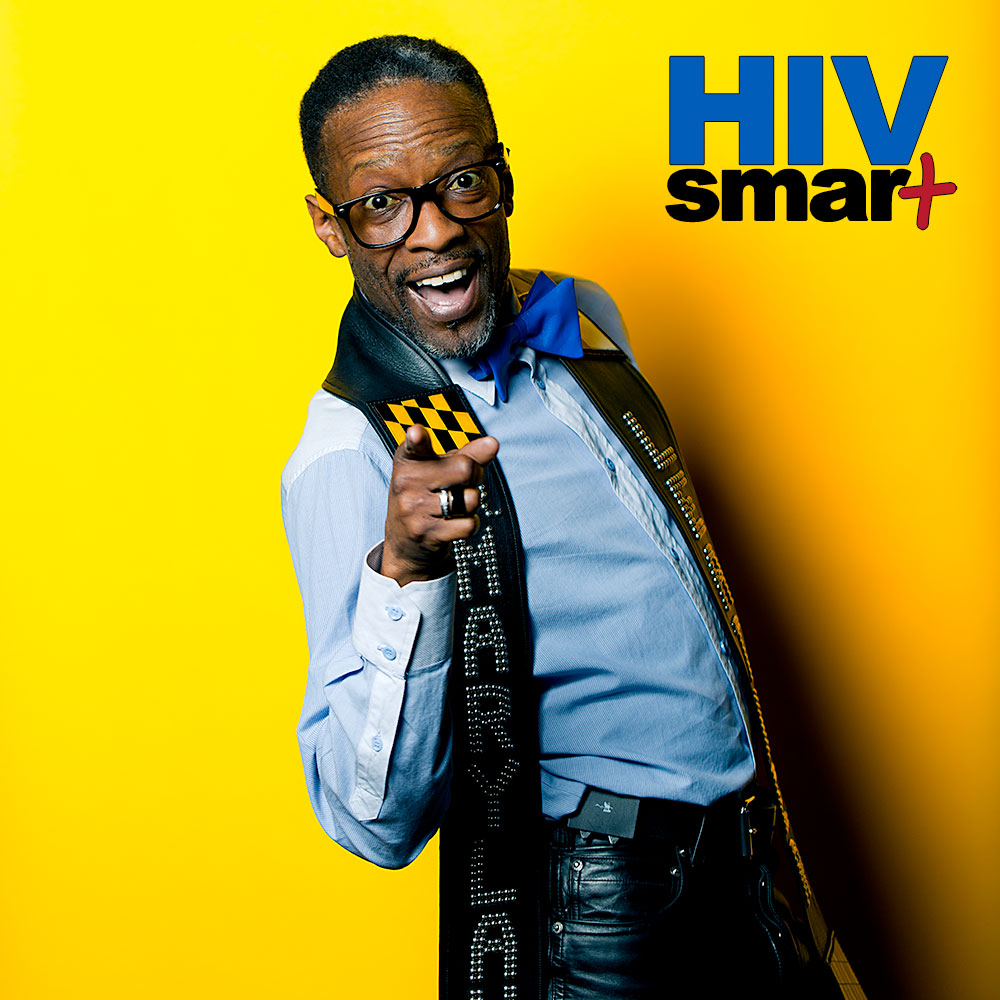
What is your personal story that you would like to share in regards to your journey with HIV? (Whether you are an ally to those living with HIV or you are HIV-positive)
Being told the results to any kind of test can be scary, in terms of a medical physician standpoint. However, it does not make the news any less frightening. Individually, the way we are raised plays a big part in how we deal with information concerning our health. Our career choices are then factored into our decision making. I said all of that to say that I am from a Caribbean background, and spent ten and a half years in the Navy, during the time when the “Don’t Ask/Don’t Tell” policy was in full effect. So you can see the reasons why someone like me would be easily to stay away from anything that could be looked at in a negative manner.
I have also been raised to believe that when life hands you lemons, you make lemonade. So that is what I did.
After receiving a phone call from the boyfriend of a childhood friend (we called each other brothers) who had passed away while I was on duty at the National Naval hospital in Bethesda Maryland, I was devastated. I did not know all that had happened to his health due to not having full disclosure. I found out later and during my visit for his home going service. I returned to our nation’s capital looking for answers and equipping myself for a journey. I was determined not to become part of the problem but be part of the solution.
I sewed a square for my childhood friend, my lost brother, to add to the AIDS Quilt that was laid at the foot of the Washington Monument.
I was the first to organize a team at Bethesda Medical Center to participate in the AIDS Walk in Washington DC.
I became a volunteer with The Children’s Hospital in Washington DC for children infected with and affected by HIV.
I used my hurt to help those around me, and the connections I made became the network that helped me with my own journey.
You do a lot of work getting information out to the public about PrEP and with us directly at HIV Smart. Why are you so passionate about this and what got you started?
I am passionate, both about health awareness in our community and about fashion. I consider my fashion sense to be a gift, I have recognized it, and have invested the time to cultivate it. I want to use my gifts to be a vessel to help others.
I know that the information is out there about PrEP, and that everybody has access to that information, but, for me, delivery is key. Everyone may not be reached with just facts and figures. I am visual, and I know that there are many others that are visually stimulated.
I have realized that, from a marketing standpoint, products and even public information need to be visually appealing to get the community focused on the information that’s provided. I have been most drawn to campaigns that take a visual approach to effectively reach an audience that may have not have understood the full impact of how HIV involves our community as a whole.
Are you a member of any other organizations or community groups that you’d like to tell us about?
I am a member of a non-profit LBGTQ Taskforce based in Prince George’s county of MD, and I volunteer at the GLCCB located in Baltimore, MD. I’m an associate member of C.O.M.M.A.N.D MC, and an active member of the Mid-Atlantic ONYX fraternity.
I’m currently a Board member for DC Leather Pride Committee.
As a titleholder in the Leather Community why do you feel that HIV Smart has been embraced so enthusiastically?
The leather community are a close and tight knit group of people – we choose to call it more of a family. However, leathermen and women have been, and always will be, a staple in the community when it comes to outreach. The leather community has always been a reliable source for charitable giving.
As titleholders, we are awarded the opportunity to use our title’s platform to serve our community for one year. It is up to that individual to present what he or she plans to do for the leather community. When two or more titleholders can come together and work for the same purpose, powerful things can and will happen, as you have witnessed. My brothers, Q and Danny, have also introduced HIV SMART to our Leather family. This is a relationship that will be embraced by many to serve its purpose to our community too.
What do you think is the biggest problem today in terms of HIV?
I feel that the biggest problem with HIV is that the medications have become a source for others to become rich. The way that some people, who could make a big difference in the world, can only see a profit in drugs that are the key to someone having a healthy existence here on earth is, to me, the biggest problem.
What are some words of wisdom you can offer to someone newly diagnosed?
To the newly diagnosed warrior I would empower them with this: Congratulations. You have just been told you are Positive. Live your life from this day forward in a positive way. You will be asked a lot of questions, and you will have questions of your own. Take time out for just you, to equip yourself with the information you will need for your journey. Yet, remember, you are not alone. Nothing happens by chance, and you are still in control of your future.
What do you think the biggest myth or misconception is about PrEP?
The biggest misconception I have seen is that people feel as if it’s ok to take the pills then go back to doing what they had been doing.
People need to understand that it’s also important to change the habits that has caused the use of PrEP for it to really work effectively. Once you’re on PrEP and it is in your bloodstream, you would not want anything to compromise the full potential of the medication.
If you are positive and public about it, what do you wish you had been told when you were first diagnosed but no one ever told you? (N/A if you don’t want to either be public or answer the question).
(This answer is covered in the next question.)
What challenges or discrimination do you think exist or you have seen for those living publicly with HIV?
I think that the challenges and discriminations involving HIV are all the results of fear, for both [HIV-]negative and positive people. We all fear what we are uncertain of, it’s how we were programmed. When someone gets an HIV test back, and it says the results are negative, there is no information given or after care that is provided, they just exhale and move on with their lives without being counselled about changing their habits or talked to about ways of lessening the risk of future exposure. The approach is very different when the results are positive. I wish this could be done differently.
Once each individual come to terms with the facts and becomes willing to live a positive life no matter the outcome of their test results, then we can make a difference in the spread of HIV. I think if the format for delivery of our status results changed, then the public would be more open to being public about it.
Everyone tends to think about all the negative things about living with HIV. Tell us, do you think there are any positive experiences?
I truly believe that positive experiences exist as a result of being HIV positive.
I feel that people in general take life for granted, we tend to procrastinate with goals for the future, taking less time out to enjoy life. So one of the positive things I have found in positive living is living live to its fullest, and thinking twice about putting things off till another day or week or month. Live your life to the fullest in the moment, and appreciate the people and experience from day to day.
What do you hope people will get out of the HIV Smart campaign?
I am hoping the HIV Smart campaign will cause people to think – think smarter, and have more awareness of what is going on in their community. Also, I hope it helps everyone see people living with HIV in a positive light.
If you are positive and could do anything different after being diagnosed what would it be and why? (N/A if you don’t want to either be public or answer the question).
Actually, anyone could answer this question, so I’m certainly not going to place any limits on myself at this point. Negative or Positive, I would want to live my life with no regrets. I would maybe use the Internet or social media, (back then it was only AOL) and start a journal to tell the whole world my experience. It may help someone who is afraid or doesn’t have access to a friend.
What’s some of the more amusing experiences that may have had either disclosing or working in the HIV prevention field?
One of the best awakening experiences I’ve had in HIV prevention, was once when I was asked by a positive guy a wayward question.
Him: are you Positive?
Me “I try my best to be positive”
Him: Well, you know what I mean, you don’t look Positive.
Me “That’s only because I have chosen to live my life positively positive! And you, my friend, have that choice, too”
What would you like to tell everyone reading this that we haven’t asked you?
I would like to tell everyone to Show up and Show out by doing your part in your own community. Allow your talents to be expressed by empowering others, and if you have not discovered your talents to promote something on your own, then be willing to invest your support in assisting someone else. You will be amazed at the results.
Where else can people find out more about you?
https://www.facebook.com/MrMarylandLeather2016/

